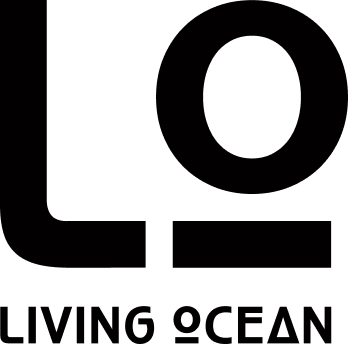Polluted Oceans, Dead Dolphins
Distinguished conservation biologist. Award-winning author & broadcaster.
Eco-stress physiologist Reese Halter specialises in Earth life support systems. The whales, turtles, manatees, dugongs, albatross, ravens, hummingbirds are his brothers and sisters.
Visit DrReese.com
Around the globe dolphins & whales are showing scientists that the planet has become unliveable. Deaths are piling up.
Each year, 400,000 cetaceans are destroyed. We are knowingly sentencing our brothers and sisters to extinction. Yet, our fate is inexorably linked to theirs.
Overfishing
Globally, 44,000 floating slaughterhouses are marauding the oceans 24/7/365. Measuring a total of 13 million miles, with a couple of billion legal and illegal hooks, they are wiping, tunas, sharks, rays, sea turtles, cetaceans (whales, dolphins, porpoises), sea birds and so many other masterpieces off the planet at an unprecedented rate.
The economics of extinction is quickly driving bluefin tunas off the planet. Individual fish sell for $3.1M.
Overfishing is rampant. It’s rife with corruption and organised crime. In February, along France’s western coastline, 600 mutilated dolphins drifted ashore. They drowned in the Bay of Biscay as bycatch within fishery nets. 90 percent of these masterpieces were amputees with broken jaws caused by being trapped in nets and struggling unsuccessfully for life.
Fishery nets killed 600 of French dolphins from the Bay of Biscay.
Never have the oceans been emptied of every large creature of every species in 1.1 billion years of reproductive evolution. Each year, deep-sea trawling is ransacking the ocean floor and its seamounts by an area 150 times greater than clear-cutting ancient forests. 4,000-year-old deep-sea cold coral gardens, the slowest growing communities on Earth are being smashed to smithereens. Hideous biological annihilation.
Massive fishing nets catch hundreds of fish at a time, making them significant threats to the planet's marine ecosystems.
Poisons
Annually, 250 billion metric tons of Man-made long lasting poisons are running into waterways that drain into the oceans. Bottlenose dolphins from Perth’s Swan River and Adelaide’s Port River are laced with cancer-causing non-stick chemicals used in cookware, upholsteries and carpets. These dolphins contain some of the highest known concentration levels in the world. Every Port River bottlenose dolphin born this year along Adelaide’s river is dead. Over the previous two years, 11 of 13 calves have perished. Shipping strikes as well as poisons are the culprits.
Climate change
In addition to all these atrocities, the oceans are broiling with stored fossil fuel heat. 2018 was the hottest global ocean temperature ever recorded. It is the equivalent heat of detonating 100 million Hiroshima-style bombs.
Seismic
Expanding and accelerating oil and gas seismic surveys are also wreaking havoc with all sea life. Pulses of 242 decibels every 10 seconds 24/7 for weeks or months are deafening cetaceans and shattering larvae of many species in the phytoplankton off Australia, New Zealand, Mozambique, Peru and elsewhere. We need courageous lawmakers that will end this global insanity now.
In 2017, a record number of 416 long-finned pilots were stranded on a remote coastline of New Zealand. Seismic surveys were fingered as the perpetrator. These pernicious explosions shatter cetacean eardrums. When these superlative mammals lose their hearing, they cannot communicate or hunt, so they must commit suicide. Man’s shameless lust for more climate-destroying petroleum is evil!
Rescuers worked to helped some of the 416 long-finned pilot whales back into the Tasman Sea.
Plastics.
Lastly, wretched petroleum-based plastics are choking the dolphins and all marine life. Recently, an Olympian deep diver, a Cuvier’s-beaked dolphin washed ashore near Davao City, Philippines. Our brethren was crammed full of 88 pounds of plastics including 16 rice sacks, four banana plantation-style bags and many dozens of single-use disposable bags. It’s the latest in an ever-growing list of cetaceans suffocating on plastics.
Large plastic bags are often found in the stomachs of a marine animal that wash ashore.
Take action now
We are all required to lend a helping hand by consuming and wasting much less. Refuse plastics. Reduce your family’s carbon footprint by switching to a plant-based diet. Walk more. Bicycle more. Drive less. Ride share. Spend 15 minutes daily next to a tree and breathe. Join the resistance. Each of us must change and we must change now.
Support organisations like SeaShepherd and Living Ocean because they are protecting our kindred beings, the whales, the dolphins and the porpoises.








